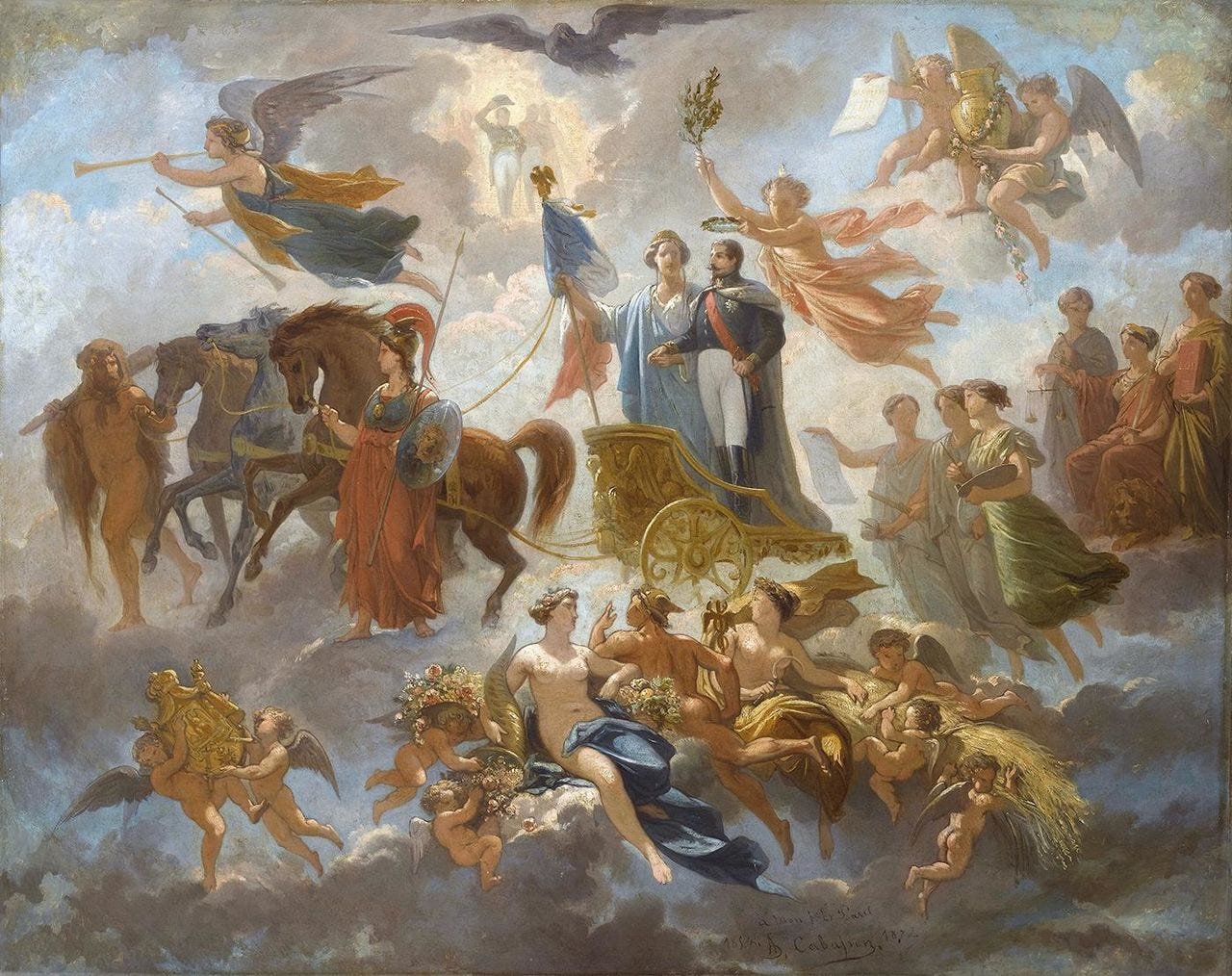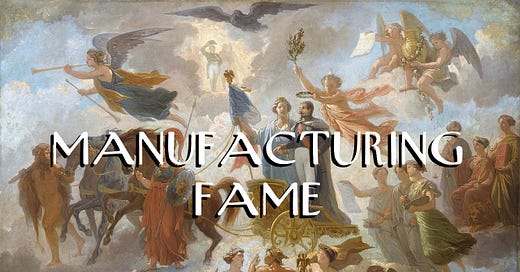
“Two centuries ago when a great man appeared, people looked for God’s purpose in him; today we look for his press agent.” — Daniel Boorstin, 1961
When he delivered the Gettysburg Address, Abraham Lincoln self-deprecatingly said, “The world will little note nor long remember what we say here.”
And yet his 274-word speech has become one of the most lauded pieces of rhetoric in history.
Lincoln chose his words carefully not because he knew he was becoming an inextricable part of the American story, but because he knew the moment required words that would inspire.
He rose to the occasion, delivering a speech that has withstood the test of time and has been part of what has contributed to our assessment of the greatness of Abraham Lincoln as a leader.
How much inspiration do you get from what flashes in front of you every day? How many influencers are chasing fame?
In an age when YouTube s…
Keep reading with a 7-day free trial
Subscribe to Timeless & Timely to keep reading this post and get 7 days of free access to the full post archives.




